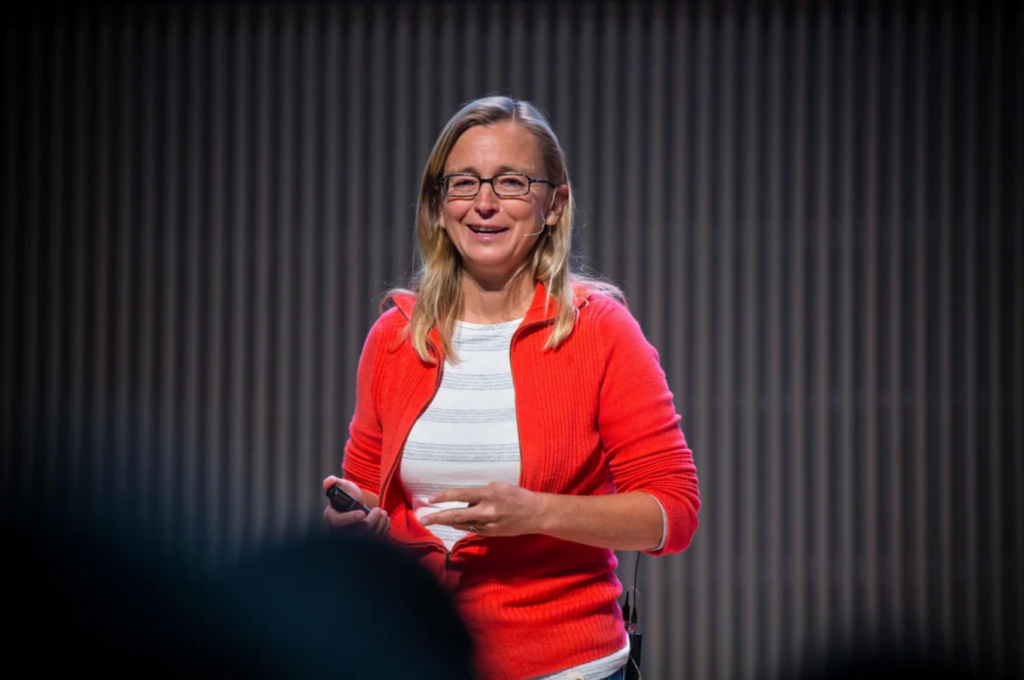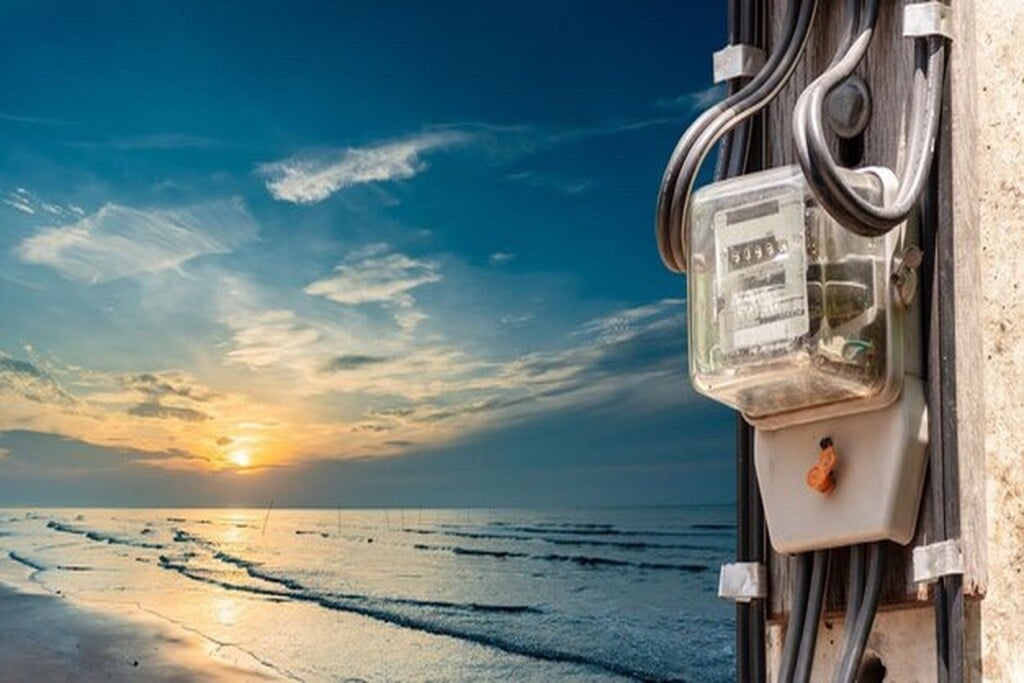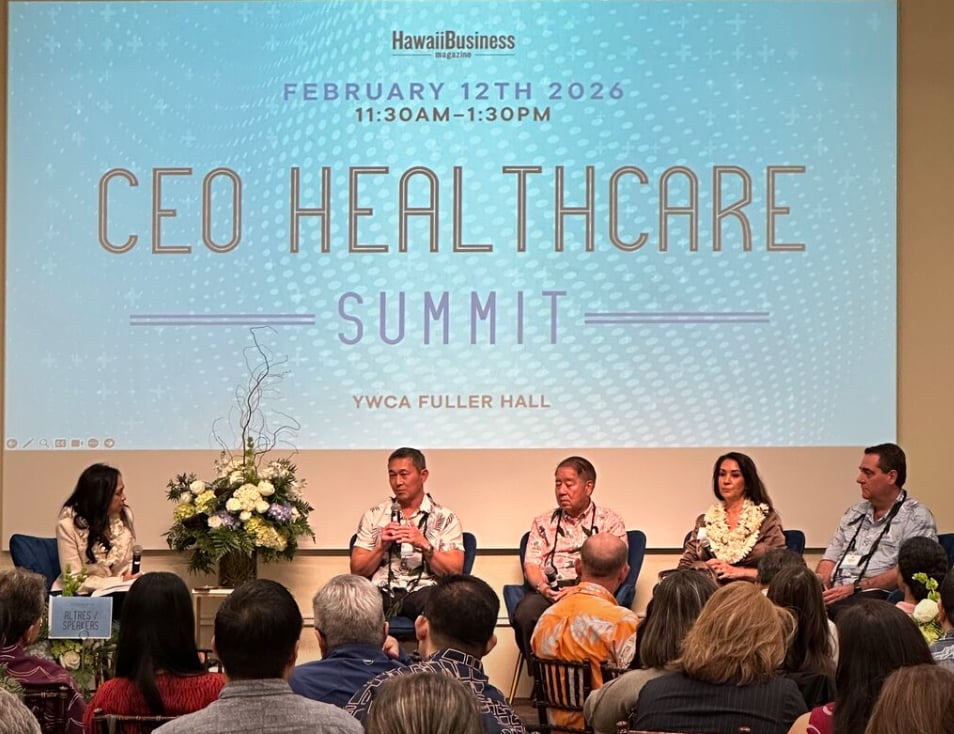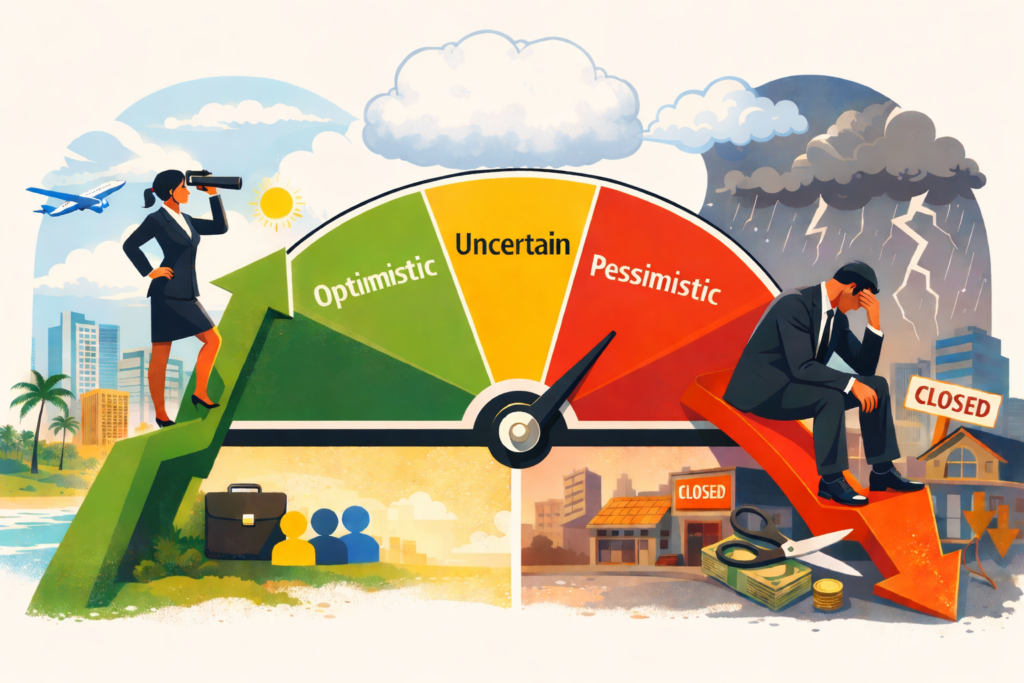Kim Scott Brings Radical Candor to Hawaiʻi
The author of Radical Candor, a best-selling book on management, says, “Kindness is an asset. It’s the one thing we can do for each other that AI will never be able to do: have a real human relationship.”

When Kim Scott – the author of Radical Candor, a best-selling book on management – joins Hawaiʻi’s business community next week, she’s arriving with a message many leaders need to hear: You don’t have to choose between being kind and being successful.
“That’s my big goal,” she says at the outset of our conversation. “To remind people that their kindness is an asset on the road to success. You can express love and truth at the same time—that’s what Radical Candor is. It’s caring personally and challenging directly.”
It’s a timely message in an era where social media often warns that kindness can be mistaken for weakness. Scott is unmoved by this trend.
“You can be as kind as you want,” she says. “As long as you also challenge people. Tell them what’s awesome—but also when they’re messing up. That’s real kindness.”
For Scott, kindness isn’t softness. It’s clarity. And clarity, delivered humanely, is what workplaces desperately need.
When Silence Harms More Than Honesty
Leaders often avoid difficult conversations in the name of protecting feelings. Scott argues this creates far more damage than speaking up.
“There’s nothing worse than feeling like you’re a dead man walking with your boss,” she explains. “People know when they’re making mistakes. If you don’t point it out, you’re not doing your job.”
Scott outlines the three behaviors that can define workplace culture:
- Radical Candor – caring personally and challenging directly
- Obnoxious Aggression – challenge without care
- Ruinous Empathy – caring so much about feelings that the truth never gets said
Ruinous empathy is often the most misunderstood.
“It’s not nice,” she says. “It hurts the person who needs the truth, it hurts the team who has to redo work, and it hurts results. It’s bad for everyone.”
Five Generations, One Workplace
Today’s workplaces often include Boomers, Gen X, Millennials, Gen Z, and even Gen Alpha interns. The multigenerational mix can be energizing—or challenging.
“Yes, everyone has different expectations,” Scott acknowledges. “But we have to be careful about generalizing by generation. We know not to stereotype gender or race, yet we seem eager to stereotype by generation.”
She draws from her experience managing 700 recent college graduates at Google.
“For all of human history, the younger generation has told the older generation how they screwed up the world,” she says with a smile. “The way I earn my right to give critical feedback is by being open to the feedback they give me. When young employees feel seen and appreciated, they’re hungry to learn—but I have to earn it.”
Drop the Email—Take a Walk
As communication leans more heavily on email, Slack, and text, Scott believes leaders must return to the fundamentals of real conversation.
“Don’t send an email. Don’t send a text,” she cautions. “Slack is a feedback train wreck waiting to happen.”
Her advice is refreshingly simple.
“If you’re in person, take a walk. If you’re remote, pick up the phone. Not a video call—there’s too much noise in interpreting facial expressions on Zoom. Just call. Listen to the words.”
She notes that body language can confuse rather than clarify. “If I tear up, it doesn’t mean I’m sad—it probably means I’m furious. Facial expressions can be misleading.”
‘AI will never be able to do: Have a Real Human Relationship’
Though this will be her first time in Waikiki, Scott has long felt at home in Hawaiʻi.
“I’ve been coming to the Big Island every Christmas for two weeks,” she says. “Beach 69 is my happy place. I snorkel the whole time.”
As she prepares for her event, her message crystallizes around one core belief—one that may resonate deeply with Hawaiʻi’s leaders navigating generational shifts, hybrid work, and evolving expectations.
“Kindness is an asset,” Scott says. “And it’s the one thing we can do for each other that AI will never be able to do: have a real human relationship.”
It’s a message rooted in humanity—and one Scott hopes will stay with Hawaiʻi long after her visit.
To register for next week’s event, please click on the link:
2025 Annual Membership Meeting – Hawaiʻi Employers Council






